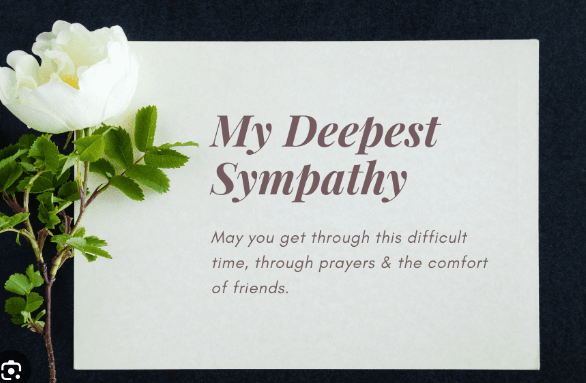Understanding the Stages of Grief and Effective Coping Strategies
Experiencing loss is an inevitable part of life, and navigating through the stages of grief can be a challenging and deeply emotional journey. Whether grieving the loss of a loved one, the end of a relationship, or a significant life change, understanding the stages of grief and learning coping strategies can help individuals cope with their emotions and begin the healing process. In this article, we'll explore the stages of grief and offer practical tips on how to cope with each stage effectively.
The Five Stages of Grief
Denial: The initial stage of grief often involves a sense of disbelief or denial, where individuals may struggle to accept the reality of their loss. It's common to feel numb, shocked, or emotionally detached during this stage as a defense mechanism against overwhelming emotions.
Anger: As reality sets in, feelings of anger and frustration may emerge. Individuals may direct their anger towards themselves, others, or even the person they've lost, questioning why the loss occurred and feeling a sense of injustice or unfairness.
Bargaining: In this stage, individuals may attempt to negotiate with a higher power or make deals in a desperate attempt to reverse or postpone the loss. They may find themselves replaying scenarios in their mind, wondering if there was something they could have done differently to prevent the loss from occurring.
Depression: The depression stage involves a profound sense of sadness, grief, and despair as individuals come to terms with the reality of their loss. It's common to experience feelings of loneliness, emptiness, and hopelessness during this stage, as well as physical symptoms such as fatigue, changes in appetite, and difficulty sleeping.
Acceptance: The final stage of grief involves reaching a state of acceptance and coming to terms with the loss. While the pain of the loss may never fully go away, individuals begin to find a sense of peace, closure, and resolution. They may feel ready to move forward with their lives while still cherishing the memories of their loved one or the past.
Coping Strategies for Each Stage of Grief
1. Acknowledge Your Feelings
Allow yourself to experience and express a wide range of emotions, including sadness, anger, guilt, and fear. Avoid suppressing or denying your feelings, as this can prolong the grieving process.
2. Seek Support
Reach out to friends, family members, or support groups for emotional support and understanding. Talking about your feelings and sharing memories of your loved one can help alleviate feelings of isolation and provide comfort during difficult times.
3. Practice Self-Care
Take care of your physical, emotional, and mental well-being by prioritizing self-care activities such as exercise, healthy eating, adequate sleep, and relaxation techniques. Engage in activities that bring you joy and comfort, even if they feel challenging at first.
4. Seek Professional Help
If you're struggling to cope with your grief or experiencing symptoms of depression or anxiety, consider seeking support from a therapist or counselor who specializes in grief counseling. Professional guidance can provide valuable coping strategies and emotional support tailored to your individual needs.
5. Honor Your Loved One
Find meaningful ways to honor the memory of your loved one and keep their legacy alive. This might involve creating a memorial, participating in rituals or traditions, or engaging in activities that they enjoyed. Or you can buy cremation ash jewelry to memorize your departed loved one including an urn ring, urn pendant, urn bracelet, cremation urn necklace, etc. These pieces have a small compartment used to preserve a small portion of cremated ashes.
 |
| cremation urn necklace |
6. Be Patient and Kind to Yourself
Remember that grief is a natural and individual process, and there is no right or wrong way to grieve. Allow yourself time to heal and be patient with yourself as you navigate through the stages of grief. Be gentle and compassionate towards yourself, and know that healing takes time.
In conclusion, understanding the stages of grief and learning effective coping strategies can help individuals navigate through the complex emotions associated with loss and begin the journey toward healing and acceptance. By acknowledging their feelings, seeking support, practicing self-care, and honoring their loved one's memory, individuals can find comfort, strength, and resilience in the face of grief. Remember, you are not alone, and there is support available to help you through this difficult time.
.png)



Comments
Post a Comment